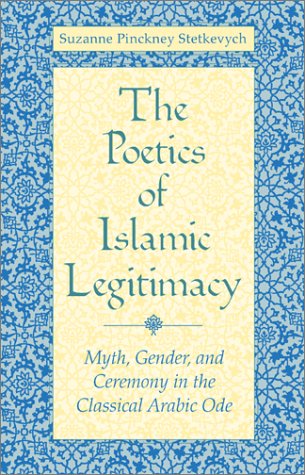

Most ebook files are in PDF format, so you can easily read them using various software such as Foxit Reader or directly on the Google Chrome browser.
Some ebook files are released by publishers in other formats such as .awz, .mobi, .epub, .fb2, etc. You may need to install specific software to read these formats on mobile/PC, such as Calibre.
Please read the tutorial at this link: https://ebookbell.com/faq
We offer FREE conversion to the popular formats you request; however, this may take some time. Therefore, right after payment, please email us, and we will try to provide the service as quickly as possible.
For some exceptional file formats or broken links (if any), please refrain from opening any disputes. Instead, email us first, and we will try to assist within a maximum of 6 hours.
EbookBell Team

4.8
84 reviews"... transcends the realm of literature and poetic criticism to include virtually every field of Arabic and Islamic studies." —Roger Allen
Throughout the classical Arabic literary tradition, from its roots in pre-Islamic Arabia until the end of the Golden Age in the 10th century, the courtly ode, or qasida, dominated other poetic forms. In The Poetics of Islamic Legitimacy, Suzanne Stetkevych explores how this poetry relates to ceremony and political authority and how the classical Arabic ode encoded and promoted a myth and ideology of legitimate Arabo-Islamic rule. Beginning with praise poems to pre-Islamic Arab kings, Stetkevych takes up poetry in praise of the Prophet Mohammed and odes addressed to Arabo-Islamic rulers. She explores the rich tradition of Arabic praise poems in light of ancient Near Eastern rites and ceremonies, gender, and political culture. Stetkevych’s superb English translations capture the immediacy and vitality of classical Arabic poetry while opening up a multifaceted literary tradition for readers everywhere.